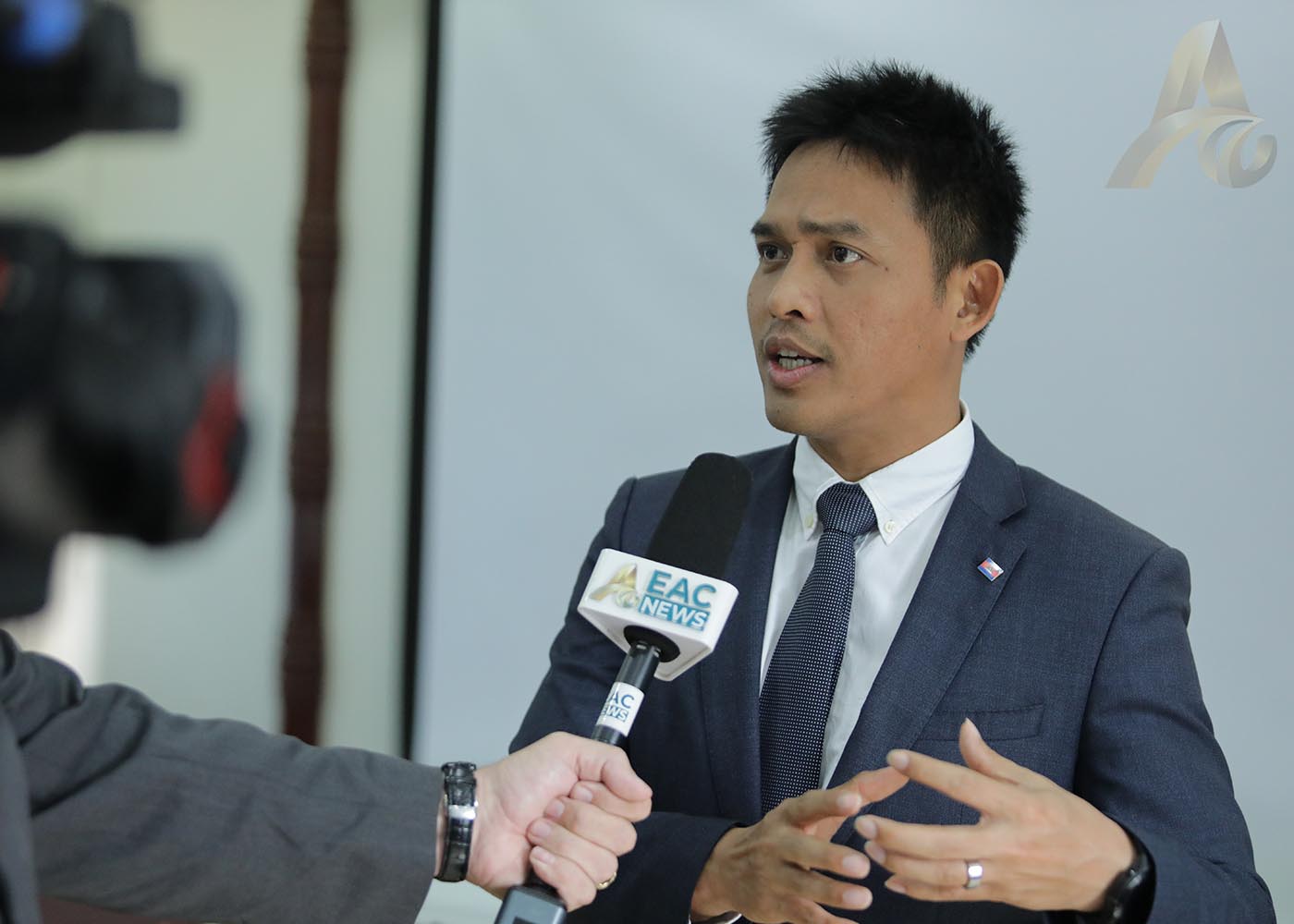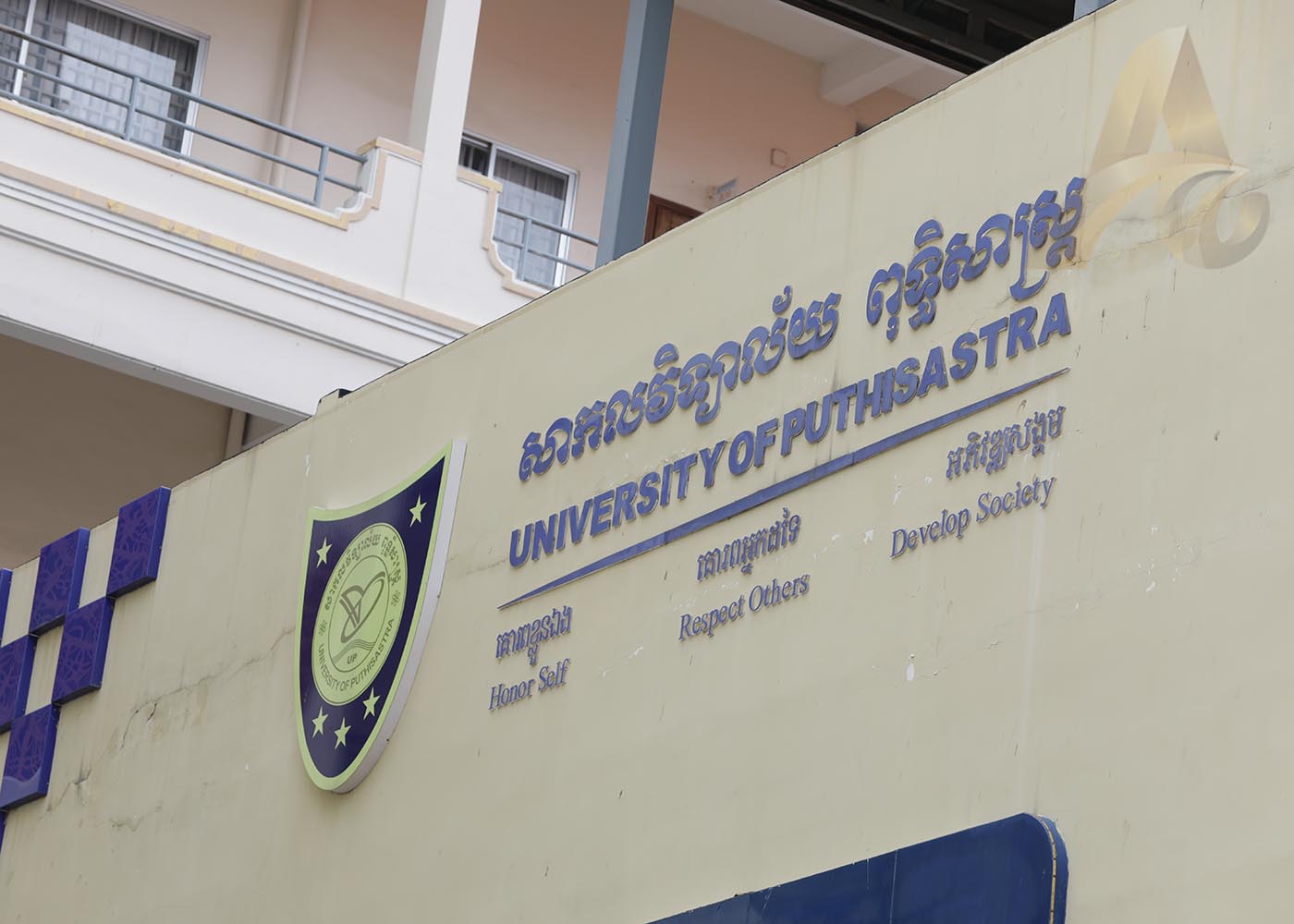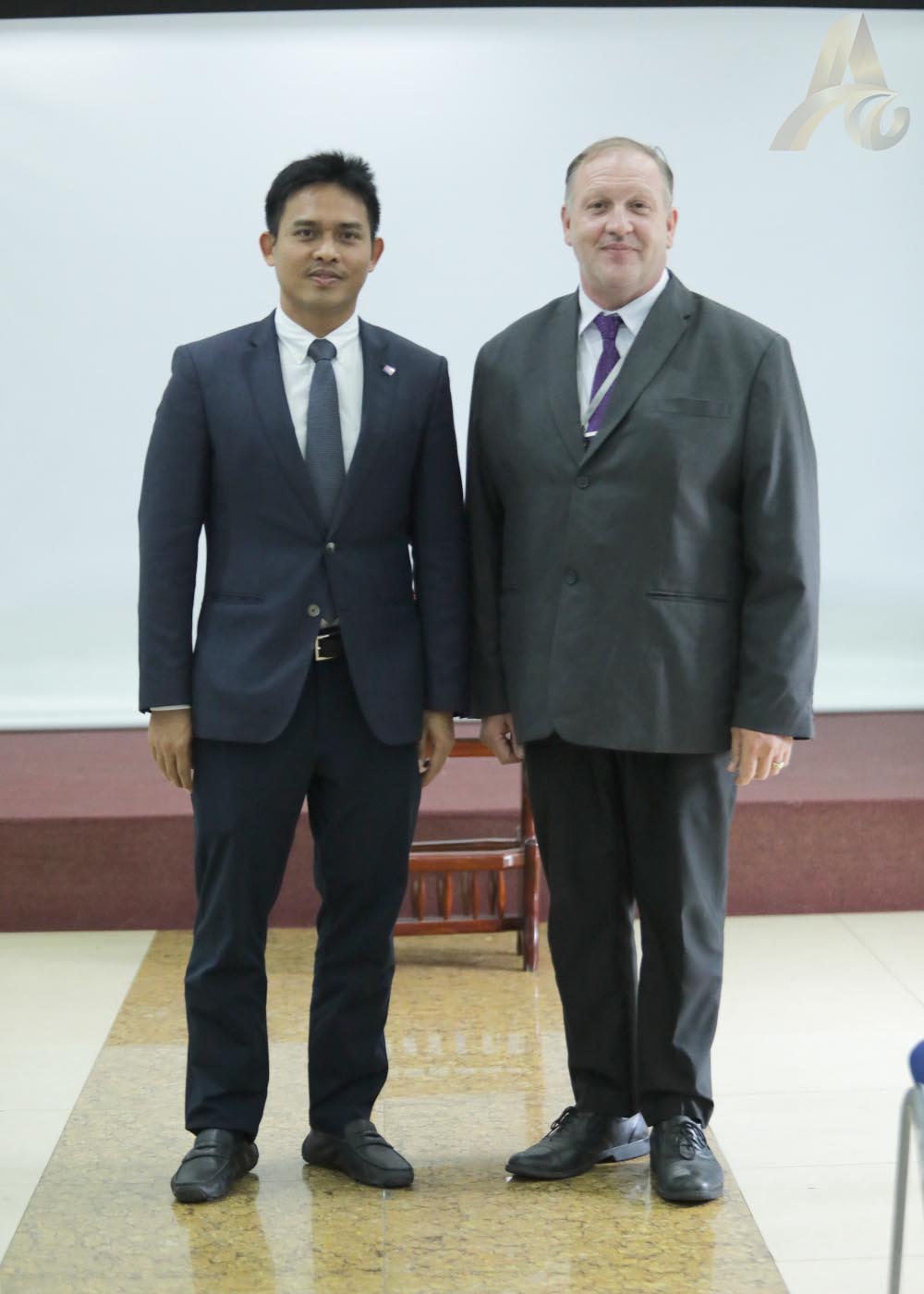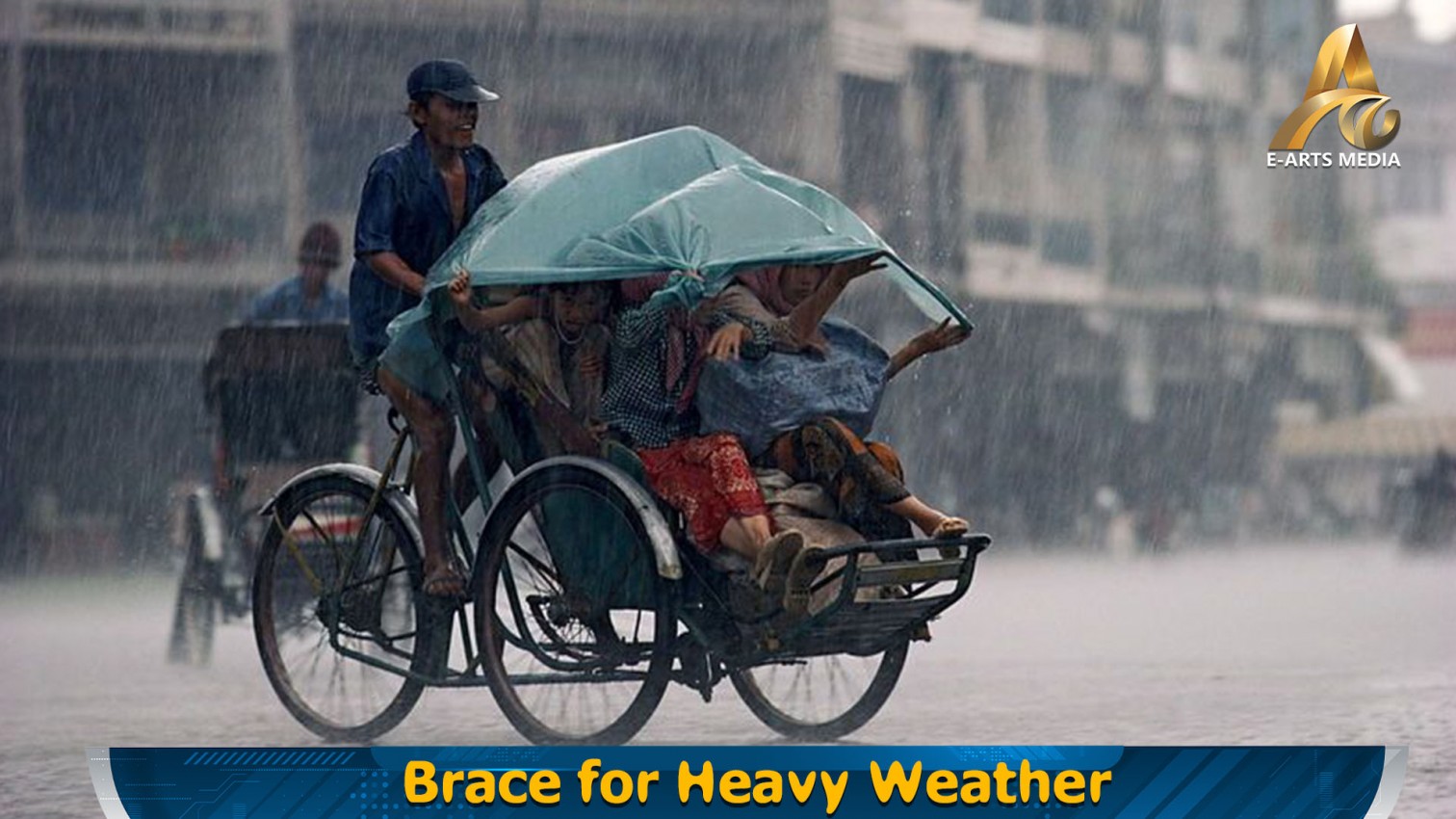PHNOM PENH: The University of Puthisastra held a two-day research conference on “Improving Cambodian Health and Wellbeing – Ways Forward” on the 13 and 14 of October, where distinguished guests delivered keynote speeches and presided over plenary discussions on a number of health-related topics.
One of the distinguished guest speakers was Minister Attached to the Prime Minister and Secretary of State for the Ministry of Social Affairs, Veterans and Youth (MoSVY), Samheng Boros, who spoke on the subject of mental health, and the importance of identifying and being aware of mental health issues in Cambodian society.
During an exclusive interview with EAC News, the MoSVY Secretary of State said, “To me, this is something that I feel is in the early stages in Cambodia. Cambodian society, at the moment, has not yet identified mental health as an individual problem, they don’t see [that they may have mental health issues], and there is a heavy stigma where they believe that having mental health issues means you would be crazy.”
He noted that stigma was the main reason why so many people continue to hide mental health problems and avoid seeking help. He stressed that this is a very important issue to address because just last year, according to a report from the Ministry of Interior, that there were 247 cases of suicide in Cambodia.
Secretary of State Samheng Boros added there is a great need to train more people to become psychologists, counselor, therapists, and even life coaches.
“Even right now, my ministry, the Ministry of Social Affairs, we are working on producing enough social workers to deploy in all areas of the community, [so that] they can actually help to provide counsel to our citizens.”
He acknowledged that there are many people who are too scared to ask or seek for help due to social stigma, however, he said he encourages people to open up to others, as doing so can help to ease some of the pain one feels. He added that there are also some NGOs in the country that can provide mental health support.
The Secretary of State said that one of the biggest obstacles he sees to achieving greater awareness and acceptance of mental health problems is rooted in traditional perceptions of masculinity, where men are expected to not show their weaknesses as this would lead them to “lose” their “manhood.”
“My name is Boros, and Boros in Cambodian means man,” said the Secretary of State. “I’ve [also felt] this ‘male syndrome’ where we want to be protective, to be strong, especially for our family members, and for our peers to recognize us. But doing that and not acknowledging our problems is [a form of] suffering. You will end up on a path of destruction if you do not acknowledge your problems and open up [to others].”
“Society, as a whole, needs to start discussing [these issues] to allow them to [better] understand [mental health]. Of course, if you look into a person in trauma [for example], [someone facing a] traumatic sociological problem, this is actually a mental health issue already, but [many do not] understand [how to address] these important issues themselves.”
The Secretary of State spoke further on the subject of generational trauma and opened up about his own experience of being a child during the Khmer Rouge. He especially spoke of the great trauma his parents experienced and continue to carry from having lost many family members, including a child, during this time of genocide.
“I have parents who were suffering from losing everything, they lost family members, they even lost a kid, their own moms and dads,” he said. “So raising children through [this time] was so tough for them. We were taught to not trust anyone, to not complain or anything. And I was lucky [because] I was not being abused by my parents, but many of my friends were abused by [theirs]. [They have carried] this trauma in them for so long, it’s so hard for them to understand what is the right thing to do.”
Secretary of State Samheng Boros said he would like to train the younger generation to better understand how social workers and counselors can help society, to reduce existing stigma against mental health problems and move towards a future where everyone can receive the help that they need.
“What we are working toward is making sure all professionals are talking about this, that all students understand this issue, including the private sector,” he said.
























